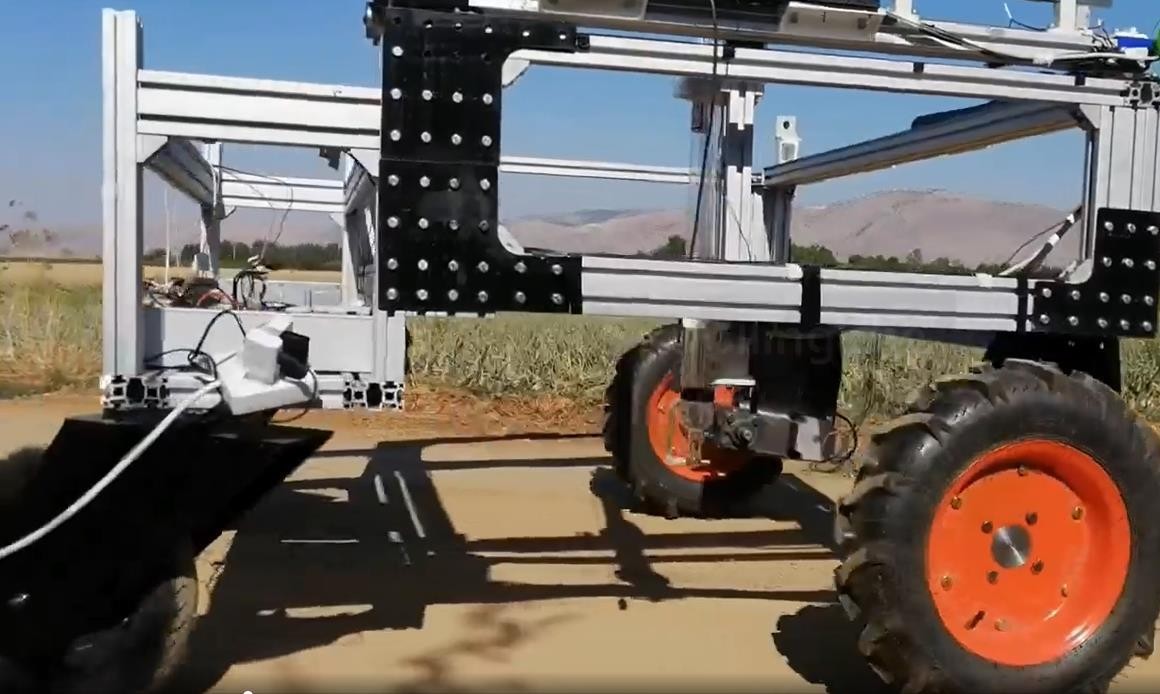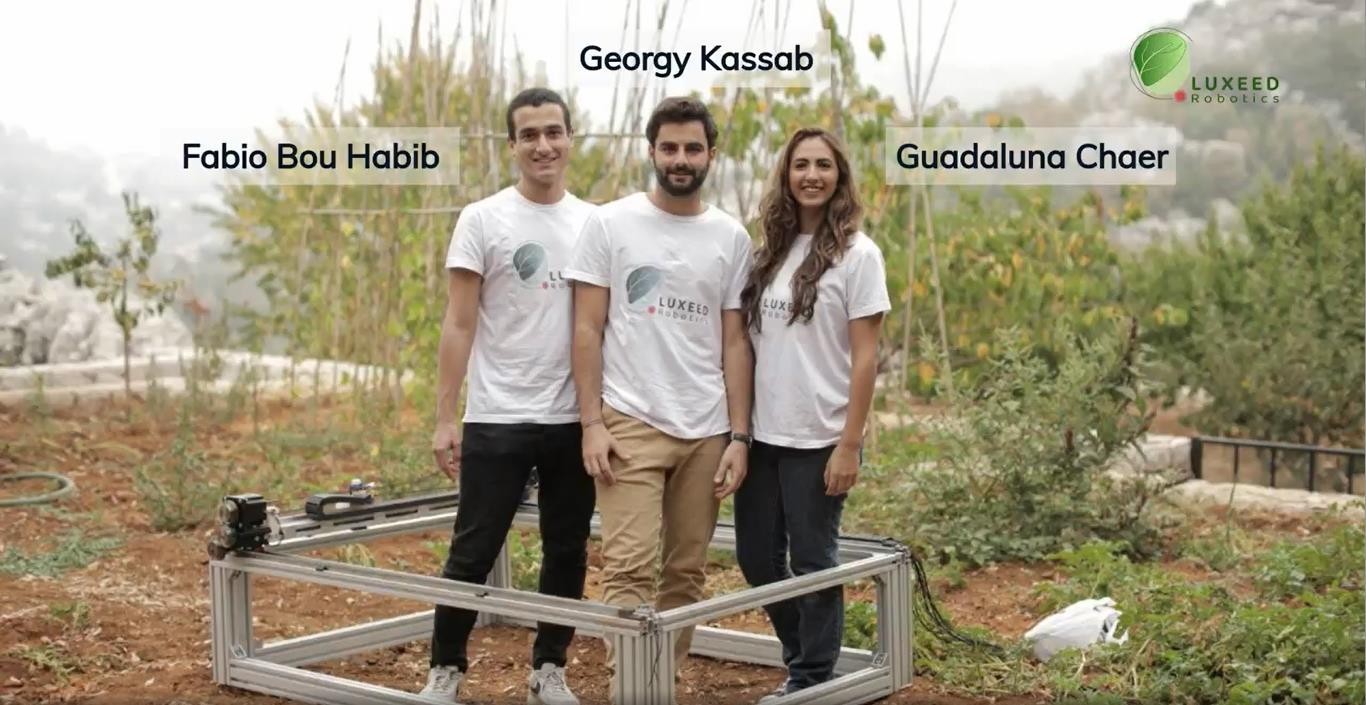It is a stark truth that there is a significant gap between the amount of agricultural goods produced and food needs globally. By 2050, the world’s population is expected to reach 10 billion, and in order to keep up with the pace of demand, annual cereal production will need to rise to 3 billion tons, up from the 2.1 billion tons produced today. While agriculture in the Middle East represents a mere 13% of the region’s GDP, the sector plays a strategically important role in promoting resilient food systems, keeping critical economic sectors alive, and forming the base of many economies. Out of the region’s total population of 296 million people, 84 million, or 28%, are entirely dependent on agriculture.
Historically, agriculture has long been at the center of social and economic life in the Middle East, with diets relying on the production of cereals and livestock, and later, fruits and vegetables produced on carefully irrigated land. With its generally more arid climate and more limited water resources, necessity has driven the region to be a center for both ancient and contemporary agricultural innovation, from irrigation practices to fertilizers. Nevertheless, scarce arable land and water supply have continued to prove increasingly detrimental to regional food production, making many countries heavily dependent on imported agricultural products and, accordingly, highly vulnerable to fluctuations in international commodity markets. The situation is growing increasingly dire and is only poised to get worse with the continuing environmental degradation linked to climate change.
Climate change, demographic patterns, and food trade imbalances
Throughout the world, weather and desertification patterns have become increasingly irregular. Almost two-thirds of the Middle East population lives in areas lacking sufficient renewable water resources to sustain crop production. On average, 83% of water use in MENA goes to agriculture, in contrast to the mere 4% devoted to industrial purposes.
The region’s high urbanization rate, reaching 70% today, and the expected population increase to 329 million by 2050 renders it particularly vulnerable to climate change’s pernicious effects. The Malthusian premise of population growth leading to inevitable scarcity and suffering helps to explain the decline of agricultural productivity, but is limited in its ability to explain — or propose solutions to — the issue at hand, in the region or globally.
Read More
Source: MEI@75



